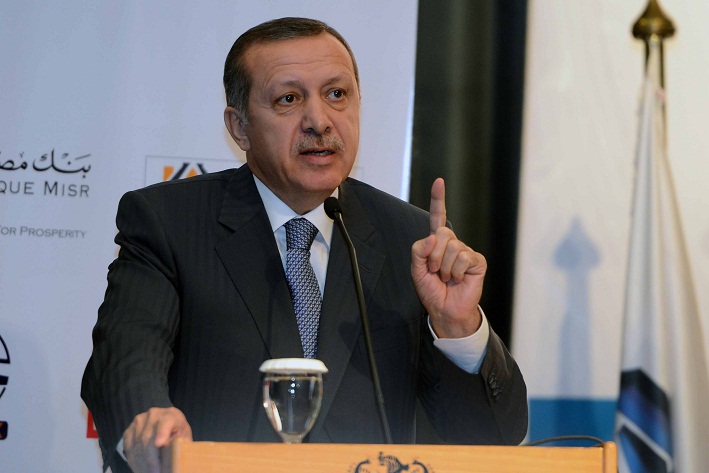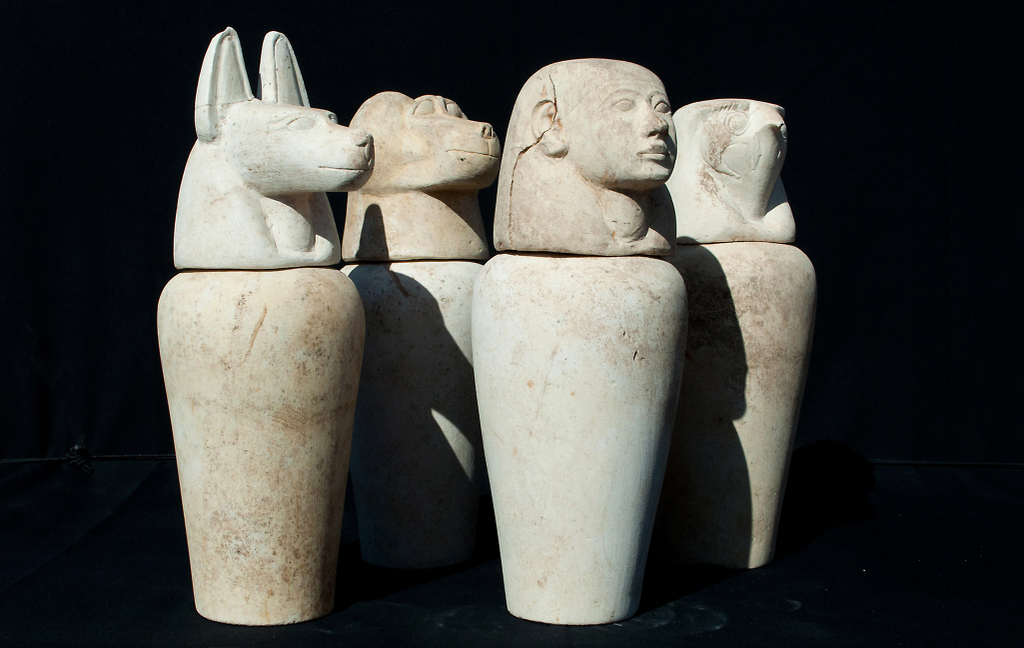The situation in Egypt today is at its best. According to scientific, objective indicators, both international and local, Egypt is still backward, surpassed by many Asian, African and Latin American countries that were, until recently, less developed. Despite sincere national action efforts, the outcome is still modest.
For example, the deterioration in education, especially in the last two decades, has gravely stunted a key source of progress in contemporary Egypt. To this we can probably add an unprecedented growing gap between the rich and the poor. The millions living below the poverty line in slums and graveyards represent a living time-bomb.
No doubt these conditions can primarily be attributed to the current political, authoritarian, non-democratic regime, which has been in power for over half a century, during which it managed to weaken all political institutions. It effectively removed the majority of Egyptians from the political arena, creating a state of passivity and indifference that is rarely seen in today s world, even in the most underdeveloped countries.
I am certain that the cornerstone for real change in contemporary Egypt is to change the political system from an authoritarian, undemocratic, inefficient regime to a genuinely democratic, transparent, fair one. This is the goal that should unite political parties, NGOs and vital forces in the country. Perhaps Egyptians are fortunate because for the first time as a republic, the post of vice-president is vacant, so Egyptians have no clue who will succeed the president. This provides the conditions that will facilitate a transitional phase to prepare for the long-awaited true democracy.
In such a political environment, and for several years, especially with the composition of the National Democratic Party’s policies committee headed by Gamal Mubarak, whispers and rumors about the possibility of Gamal succeeding his father, President Hosni Mubarak, are exacerbating. The “inheritance of power has become one of the most important issues relating to the current political situation in Egypt. Instead of focusing on how to transition from the current authoritarian regime to a democratic system, Egyptians are more preoccupied with the question of whether or not Gamal Mubarak come to power, how, why and when?
Amid a decaying political system weighed down by fragile institutions, Mr. Gamal Mubarak’s operational and political influence has risen far beyond his official position. Although he has only drawn limited numbers of wealthy individuals, businessmen, academics and professionals, who are closer to or younger than his generation, he has become a magnet for many opportunists, who usually surface in the unhealthy political environment of the Egyptian regime.
They even volunteered to publicize their support for Mr. Gamal Mubarak’s succession to the presidency basing their arguments on the following: First, they say, like any Egyptian, Mubarak Jr. has the right to run for president and that he is not to blame for being the president’s son. Second, he is competent, intelligent, educated, and serious. Third, grew up in the house of the Presidency and learnt politics early on in his life. Fourth, he is already rich , so he will not seek financial benefits from his position, unlike anyone else. Fifth, he is civilian and so his ascension would end half a century of military rule; and sixth, he is the only candidate worth considering.
However, such arguments have nothing whatsoever to do with the problems of contemporary Egypt or with the goal of Egyptians today. Egypt is not looking for a president or a person fit to take over the Presidency of the Republic. This is a naive and trivial formula; even a humiliating one to all Egyptians. Without a doubt Egypt has hundreds of thousands of qualified men, even better than Mr. Mubarak, to lead the country. With his qualifications, he is not unlike hundreds of thousands of young people his age in Egypt.
Egypt needs a “new order , a genuine democratic system, like those prevalent all over the world. Through this system, qualified candidates will engage in competition, and the people will choose the best one through free and fair elections.
This is the core of my objection to the inheritance of power scheme. It is a crime against the Egyptian people, the perpetrators of which must be held accountable. Power inheritance will only reinforce the corrupt, authoritarian status quo of the Egyptian political regime. The first steps to implement this was the disgraceful amendment to Article 76 of constitution, which was tailored and formulated to give the NDP almost exclusive access to presidential candidacy.
The inheritance scheme can only work through the existing electoral mechanisms, which have been implemented since the 1950s and through which the executive and security organs control the so-called electoral process. This also needs a radical change.
In this context, it’s unfortunate that the term conspiracy is a more accurate description for the process inheritance. The NDP, or more precisely, the circles within it that support Gamal Mubarak for presidential candidacy, are illogical and behave like a secret party. It doesn’t require much insight to realize that many of the decisions and actions taken regarding the electoral system, constituencies, women’s PA quota, possibilities for parliament dissolution, etc., are taken behind the scenes to serve the inheritance plot, not the public interest.
The question is, will the inheritance scheme work out in the end? I do not think so at all, for more many reasons:
First, President Mubarak will remain in office for life. This is one from the key lessons of the July 1952 Revolution’s successive regimes for more than half a century. His predecessors, Nasser and Sadat only left office when they died. The only president who left (or more precisely was forced to leave office in his lifetime) was General Mohamed Naguib, whose case will likely not be repeated.
Moreover, the cautious, shrewd character of Mubarak indicates that he will stay in office “as long as his heart is beating as he previously confirmed in an national speech.
Second, if we put aside all these factors and compare the popularity of President Mubarak with that of his son Gamal, we will find that there is no room for comparison at all. President Mubarak, belonging to the rural middle class, with his early simple struggling life and military history, had made him close to the hearts of Egyptians, in a way his son cannot compete with.
There is no doubt that the element of popularity cannot be overlooked, even under an authoritarian, undemocratic regime like Egypt.
Third, the base of strength and the actual source of political legitimacy in Egypt since 1952 until now is the Egyptian armed forces. The four leaders of Egypt in the republican era (Naguib, Nasser, Sadat and Mubarak) were military officers. This situation has not changed until now because of the practices of the July Revolution regime itself, which failed, or perhaps deliberately did not want to nurture effective political civilian actors. Therefore, a president outside the military can only be likely after a transition period allowing the rebuilding of political institutions, at the heart of which are the various political parties. In this context, it is difficult to imagine that the military would give legitimacy and pledge loyalty to a civilian. His key qualification is being the son of a former president.
Fourth, the base of power on which Mr. Gamal Mubarak is supposed to lean, including some NDP wings, businessmen, and a few elements in some government and security organs, is often linked to the fact that he is the son of President . If this situation ends, this leverage will immediately disappear. If some remnants of it persist, this will be for purely opportunistic reasons that cannot withstand any real challenge.
These are some of the reasons why I believe that the inheritance scheme will fail. The most vital and serious task for the Egyptian people and the elite is to build a truly democratic
political system on the ruins of an eroded dilapidated regime.
Osama AL-Ghazali Harbis the Editor-in-Chief of Al Siyassa Al Dawliya journal published by Al-Ahram Foundation.

